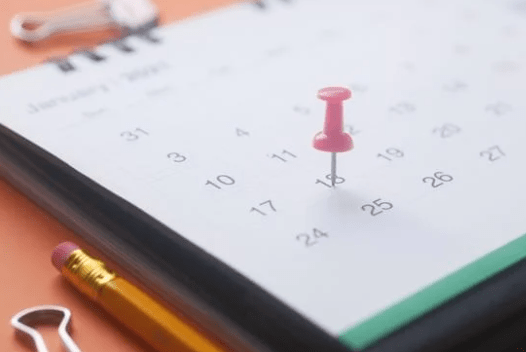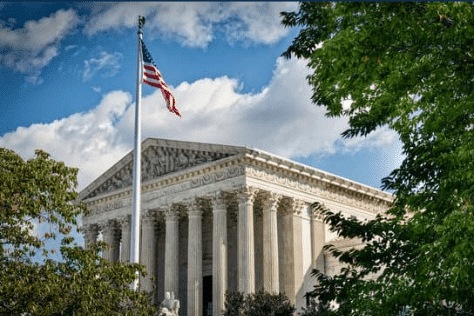Table Of Contents
The general rule in veterans law is that when a veteran dies, his claim dies with him. But in some instances, benefits that should have been paid to the veteran during his lifetime can be paid to a surviving family member. However, there are some well-defined rules concerning who may be eligible for these benefits.
Morris v. Shinseki
In Morris v. Shinseki, the brother of a deceased veteran argued that he was eligible to receive benefits due to the veteran but unpaid at the time of his death. These benefits are called “accrued benefits.” Just prior to his death, VA determined that the veteran was entitled to a significant amount of retroactive compensation, however this amount was not paid to the veteran by the date of his death. The veteran’s brother argued that he was eligible to receive these accrued benefits.
The Veterans Court recognized that it was well-established that only a narrow class of dependents (surviving spouses, children, and parents) were eligible to receive accrued benefits. A sibling is not included in that narrow class. Therefore, the Court determined that the brother was not eligible to receive accrued benefits. The case is significant in that the brother advanced a rather novel argument that a state law would permit him to receive these accrued benefits, but that Court easily disposed of these arguments as being in conflict with federal law.
It is important to remember that, in many cases, surviving family members who were dependent on the veteran during his lifetime may be eligible to receive VA benefits due and unpaid to the veteran at the time of his death. A relatively new “substitution” rule actually permits these eligible family members to “substitute in” to the veteran’s case and continue the appeal. However, the Morris decision is a sobering reminder of the limited class of family members who are potentially eligible.
More Information:
Benefits for Families of Veterans

What are Effective Dates of VA Disability Claims and Why Do They Matter?
What are Effective Dates of VA Disability Claims and Why Do They Matter? In simple terms, the...

What is Pes Planus and How Is It Rated?
What is Pes Planus and How Is It Rated? Pes Planus (Flat Feet) VA Disability: Ratings, Symptoms,...

Are Disabled Veterans Eligible for TRICARE?
Are Disabled Veterans Eligible for TRICARE? Simply being a disabled veteran doesn’t necessarily...





